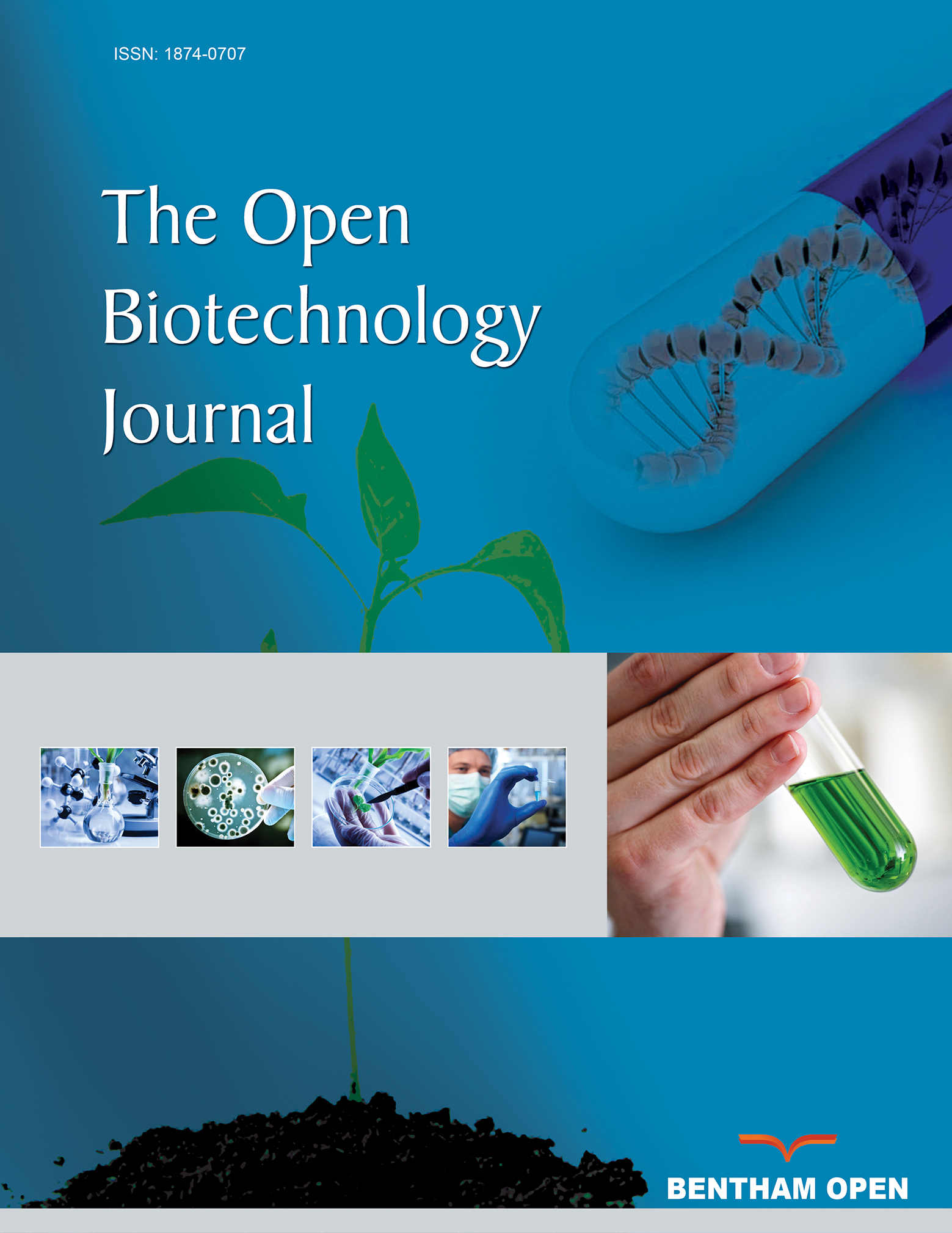All published articles of this journal are available on ScienceDirect.
Desiccation Tolerance of Adult Stem Cells in the Presence of Trehalose and Glycerol
Abstract
Development of protocols for storing desiccated cells at ambient temperatures offers tremendous economic and practical advantages over traditional storage procedures like cryopreservation and freeze-drying. As a first step for developing such procedures for adult stem cells, we have measured the post-rehydration membrane integrity (PRMI) of two passages, Passage-0 (P0) and Passage-1 (P1), of human adipose-derived stem cells (ASCs). ASCs were dried using a convective stage at three different drying rates (slow, moderate and rapid) in D-PBS with trehalose (50 mM) and glycerol (384 mM). ASCs were incubated in the drying media for 30 mins prior to drying at the prescribed rate on the convective stage for 30 mins. After drying, the ASCs were stored for 48 hrs in three different conditions: i) at ambient temperature, ii) in plastic bags at ambient temperature and iii) in vacuum sealed plastic bags at ambient temperature. PRMI was assessed after incubating the rehydrated ASCs with stromal medium for a further 48 hrs. Our measurements show that the PRMI of ASCs was: i) higher when ASCs were dried slowly; ii) increased when they were stored in vacuum as opposed to at ambient or in plastic bags; and iii) decreased with increasing passage of ASCs, i.e. under similar drying and storage conditions P0 ASCs had higher PRMI than P1 ASCs. Our results suggest that the best PRMI (37% for P0 ASCs and ~14% for P1 ASCs) can be achieved when the ASCs were dried slowly and stored in vacuum.


